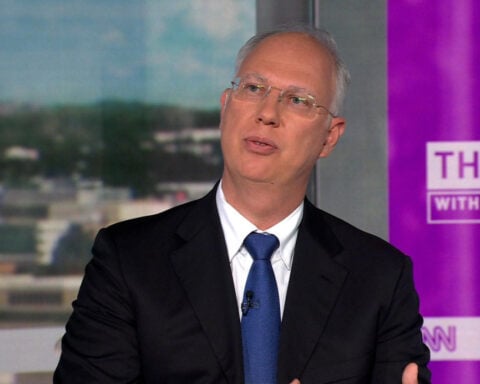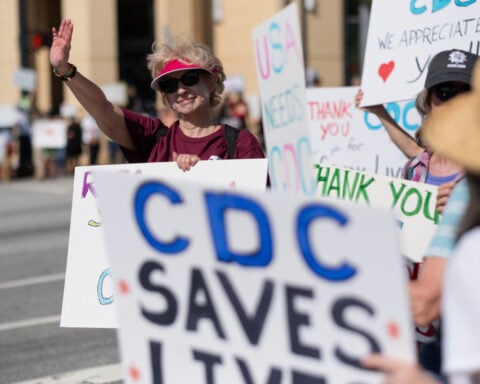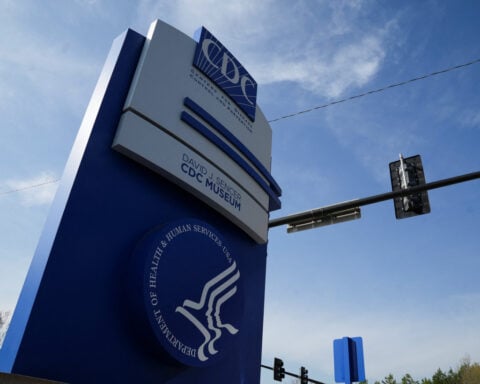By Amina Niasse
NEW YORK (Reuters) - U.S. employers expect health insurance costs to rise an average 5.8% in 2025, largely due to increased cost of medical services as well as higher use, according to a survey released by consulting firm Mercer on Thursday.
The year 2025 is projected to be the third consecutive year in which healthcare costs for employers rise by more than 5%. Costs increased an average 3% during the decade prior, the report said.
In part, the higher cost of each medical service is driven by a continued shortage of healthcare workers, linked to providers raising prices, Mercer said. Spending on behavioral health and popular but pricey GLP-1 weight loss drugs are also contributors.
The share of total health plan costs paid by employees, an average of 21%, is expected to remain about the same in 2025, said Beth Umland, director of employer research for health and benefits at Mercer.
Mercer said 53% of employers plan to implement cost-management changes in 2025, an increase from 44% in 2024.
Those strategies would target reducing utilization by plan members with expensive conditions and managing specialty drug costs, Umland said. In 2024, prescription drug spending remained the fastest-growing cost for employers, rising 7.2% from 8.6% in 2023.
Among employer concerns are expensive gene and cellular therapies, Umland said. Such therapies can cost $1 million or more. "These drugs are at cost levels that we have never seen before. And while they're still few and far between, when one of those claims hit, employers really feel it."
Employers with workforces sized between 50 to 499 employees reported the highest cost increases, by 9% if they do not take measures to manage costs and 6.3% if cost-management changes are made.
A greater portion of small employers pay private insurers for fully insured health plans. Costs for such plans tend to carry a higher premium and employers are unable to add cost-saving well-being programs, said Mercer's Chief Actuary Sunit Patel.
Mercer's survey covers 1,800 U.S. employers ranging from those with 50 to over 500 employees.
(Reporting by Amina Niasse; editing by Caroline Humer and David Gregorio)

 Trump has begun another trade war. Here's a timeline of how we got here
Trump has begun another trade war. Here's a timeline of how we got here
 Canada's leader laments lost friendship with US in town that sheltered stranded Americans after 9/11
Canada's leader laments lost friendship with US in town that sheltered stranded Americans after 9/11
 Chinese EV giant BYD's fourth-quarter profit leaps 73%
Chinese EV giant BYD's fourth-quarter profit leaps 73%
 You're an American in another land? Prepare to talk about the why and how of Trump 2.0
You're an American in another land? Prepare to talk about the why and how of Trump 2.0
 Chalk talk: Star power, top teams and No. 5 seeds headline the women's March Madness Sweet 16
Chalk talk: Star power, top teams and No. 5 seeds headline the women's March Madness Sweet 16
 Purdue returns to Sweet 16 with 76-62 win over McNeese in March Madness
Purdue returns to Sweet 16 with 76-62 win over McNeese in March Madness








